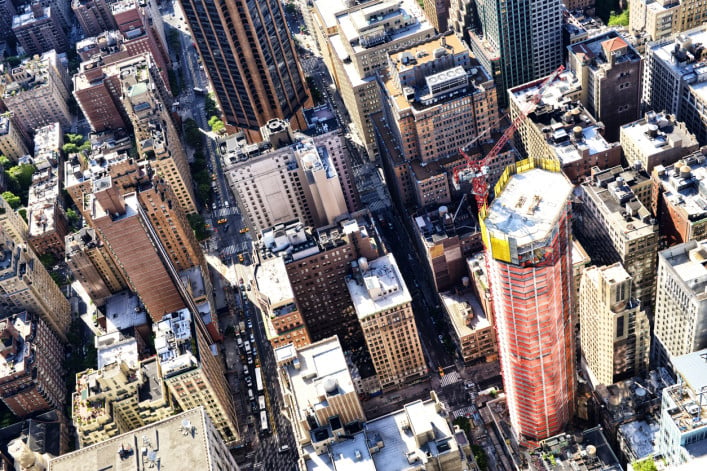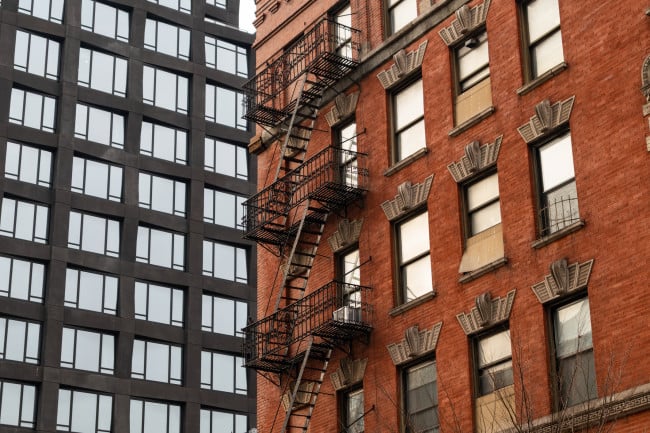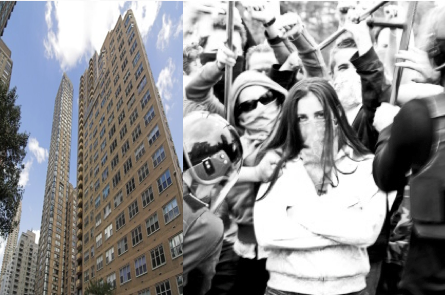What is 'universal rent control' and is it coming to NYC?

Will rent regulation for all New Yorkers ever make it from political ideal to legal precedent? iStock
The term "universal rent control" gestures towards a political ideal rather than a legal precedent. It hit the headlines in New York City ahead of the November elections when left-leaning candidates pledged to increase affordable housing and overhaul laws allowing rent hikes and evictions. With the Democratic flip of the Senate, lawmakers are taking that fight to Albany.
First some background—currently, the city’s rent control laws cover about 22,000 apartments, generally occupied by the same tenant or tenant family since the 1970s. Rent-controlled status ends when a unit becomes vacant.
If there are six or more units in a complex built between 1947 and 1974, it will fall under rent stabilization. About a million city apartments are rent stabilized, but if the rent reaches more than $2,733.75 through major capital improvements (or $2,774.76 in 2019), the unit cycles out of stabilization.
Another category of rent-stabilized apartments are those built or renovated since 1974 with special tax benefits. Generally, these buildings are stabilized only while the tax benefits continue. If you’re looking to find a rent-stabilized apartment, Brick Underground’s insider’s guide is a good place to start.
The city has dozens of fact sheets outlining everything from succession rights to lease renewals of rent-regulated units (controlled and stabilized) but rent regulation only applies to certain types of housing, leaving many New Yorkers with no protection from rent hikes or evictions.
“Universal rent control just means all tenants should be protected and the arbitrary distinctions should be done away with,” says Mike McKee, spokesperson for the Tenants Political Action Committee. He asks, "why shouldn’t the law be changed to cover new buildings, especially if you consider the number of landlords who put their buildings under rent stabilization?"
McKee points out tax incentives appeal to landlords and developers. "If you want to get tax benefits you have to voluntarily put the building under rent stabilization for a period of time. If it were so onerous, landlords wouldn’t do it, but they do.”
“We think that rent regulation should apply to all apartments and it should be a permanent system," says McKee. He is hopeful there will be changes in the new year. “We are campaigning for it, trying to get people to understand that all tenants need and deserve protection."
So, is it coming to NYC any time soon? McKee says it’s not going to happen without the concerted efforts of a tenant 'army.'
“The only way we are going to get anything done is if tenants put a lot of pressure in Albany,” he says.
You Might Also Like





























